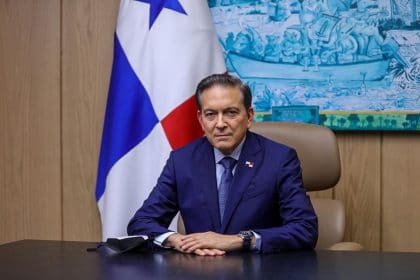The bill, which was seeking to allow Panama citizens to buy everyday goods with cryptocurrencies, will now head back to Congress for study and debate.
The president of Panama Laurentino Cortizo has suddenly made a u-turn from signing Panama’s “crypto bill” into law. According to a local news report by La Prensa, the president’s decision is based on the fact that the bill still needs more work to better fit the country’s financial system.
Panama’s Crypto Bill: Victim of AML Rules
For what it’s worth, there were signs all along that the president wouldn’t sign Panama’s crypto bill. Following the legislature passing the bill in late April, President Cortizo had warned that his signing would depend on getting the guarantee that the bill would comply with global anti-money laundering (AML) rules.
President Cortizo revealed this during an interview with Bloomberg on May 19. He said:
“I have to be very careful if the law has clauses related to money laundering activities.”
Essentially, the bill, which was seeking to allow Panama citizens to buy everyday goods with cryptocurrencies, will now head back to Congress for study and debate.
Chance for Innovation Lost?
Not exactly. Usually, the vetoed bill will now head back to Congress for studying and making necessary adjustments (additions and subtractions). This will enable the bill to properly conform to the dictates of new regulations recommended by the Financial Action Task Force (FATF). Particularly as regards “fiscal transparency and prevention of money laundering”.
However, Congressman Gabriel Silva begs to differ. Recall that Silva was the one who introduced the bill back in September 2021. And now he has tweeted about President Cortizo’s veto. He wrote in part:
“The President Just Partially Vetoed The Crypto Bill. A lost opportunity to generate jobs, attract investment and incorporate technology and innovation in the public sector.”
Interestingly, if Panama eventually gets to sign this bill into law, it will be that the country will become only the second Central American country to regulate cryptocurrencies. That is, right after El Salvador, which famously became the first country to approve Bitcoin (BTC) as a legal tender.
next